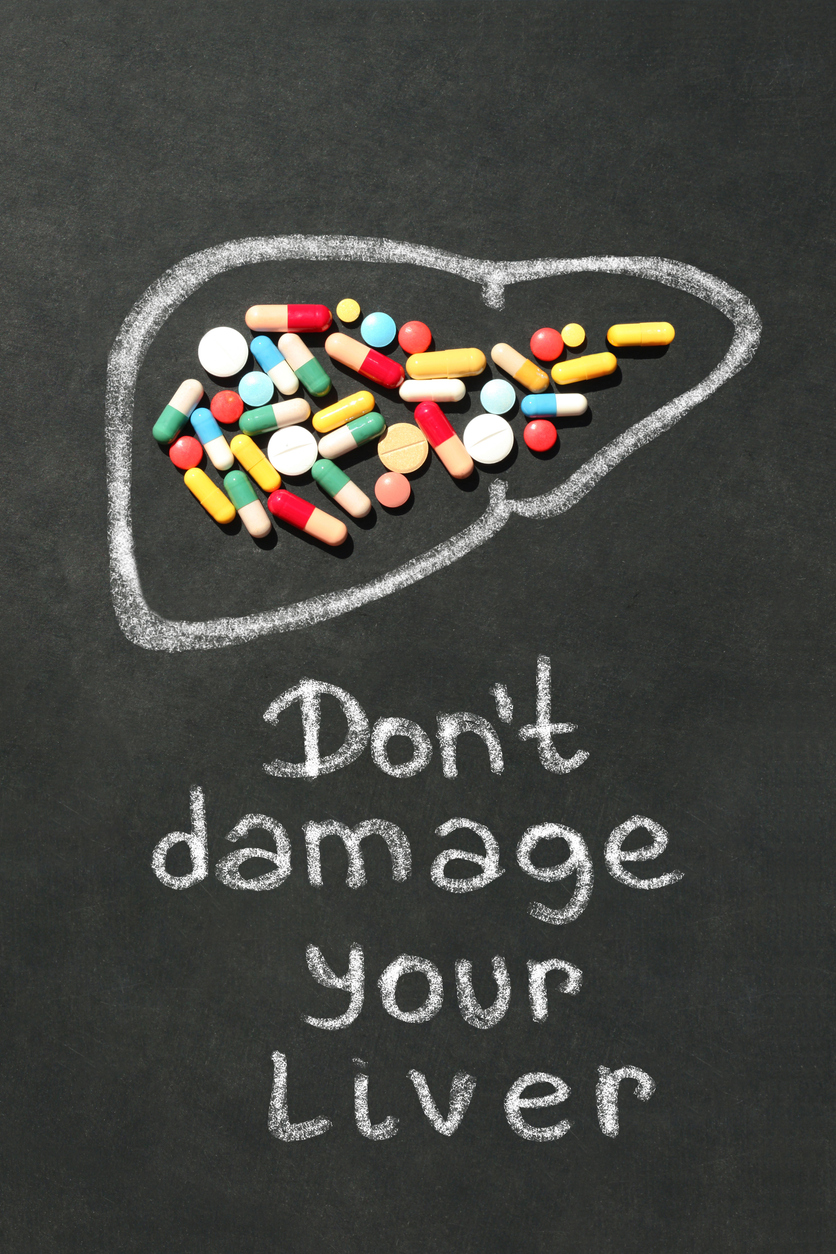Treatments
Risks and Side Effects for Muscle Relaxants Used for Chronic Pain

What are muscle relaxants?
Muscle relaxants are a group of medications that have an overall sedative effect, musculoskeletal relaxant properties, and central nervous system depressant. They are prescribed to reduce muscle spasms or muscle spasticity and decrease pain, which can limit mobility. Muscle relaxants also improve muscle movement.
Potential of serious side effects
Individuals taking muscle relaxants should be aware of dangerous side effects associated with their use. This could include difficulty walking, drowsiness, decreased blood pressure, urine retention, and addiction. Women should inform their health care professional if they are pregnant, plan to become pregnant, or are breastfeeding prior to taking muscle relaxants.
Risks
There are several risks associated with muscle relaxers. They include, but are not limited to, the following:
- Warnings
It is illegal to share these medications with others. Keep in a safe location and out of reach of children. Muscle relaxants should be taken for a short period of time to avoid dependency and abuse. They should be taken exactly as prescribed. - Drug interactions
Muscle relaxants can pose dangerous side effects when taken with other medication. This includes opioids, sleep medications, and certain supplements, especially St. John's wort. Studies have shown that skeletal muscle relaxants taken with antihistamines have led to hospitalizations and increased emergency department visits in the elderly population. - Alcohol interactions
Consuming alcohol while taking muscle relaxants is especially dangerous. Combining the two can be fatal, as alcohol increases the sedative effect of muscle relaxers. - Allergic reactions
If an allergic reaction to muscle relaxants has previously occurred, even if mild, avoid taking this medication. Allergic reaction symptoms include swelling of the throat, tongue, face, or extremities, hives, trouble breathing, and chest tightness. Individuals experiencing these symptoms after taking a muscle relaxer should seek immediate emergency care. - Addiction
Certain muscle relaxants are habit-forming; therefore, they are typically prescribed to be used short-term. They should not be taken for more than two to three weeks and should be taken directly as prescribed. Muscle relaxants can cause withdrawal symptoms, such as hallucinations and seizures. Stopping this medication suddenly can be harmful. A health care professional will likely decrease the dosage gradually. - Drowsiness
Muscle relaxants depress the central nervous system. This can cause extreme drowsiness and a sedative effect. Activities that require mental alertness and the operation of heavy machinery should be avoided while taking muscle relaxers.
















